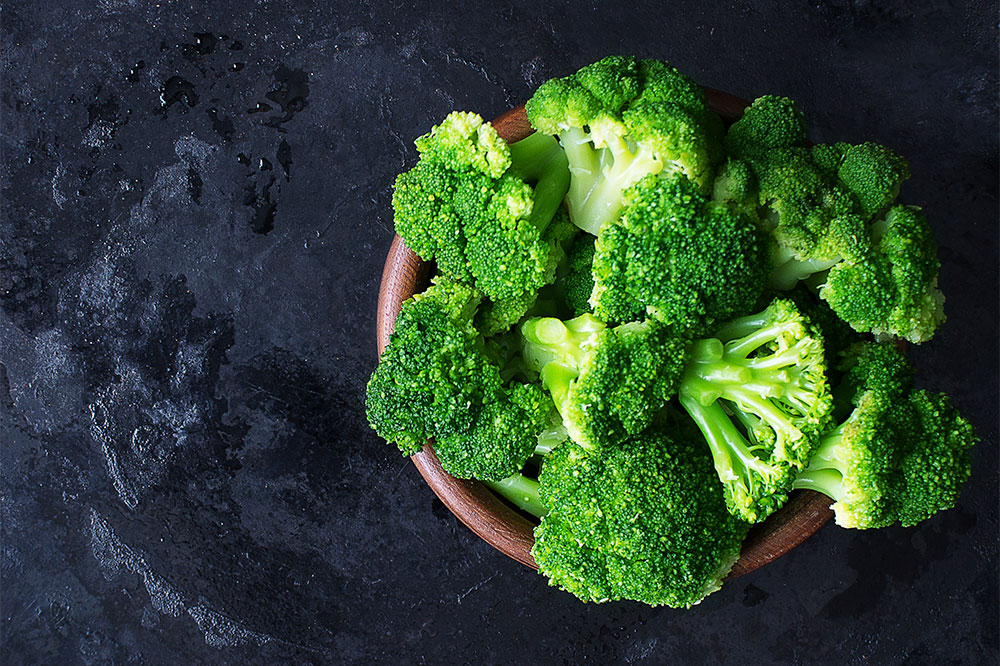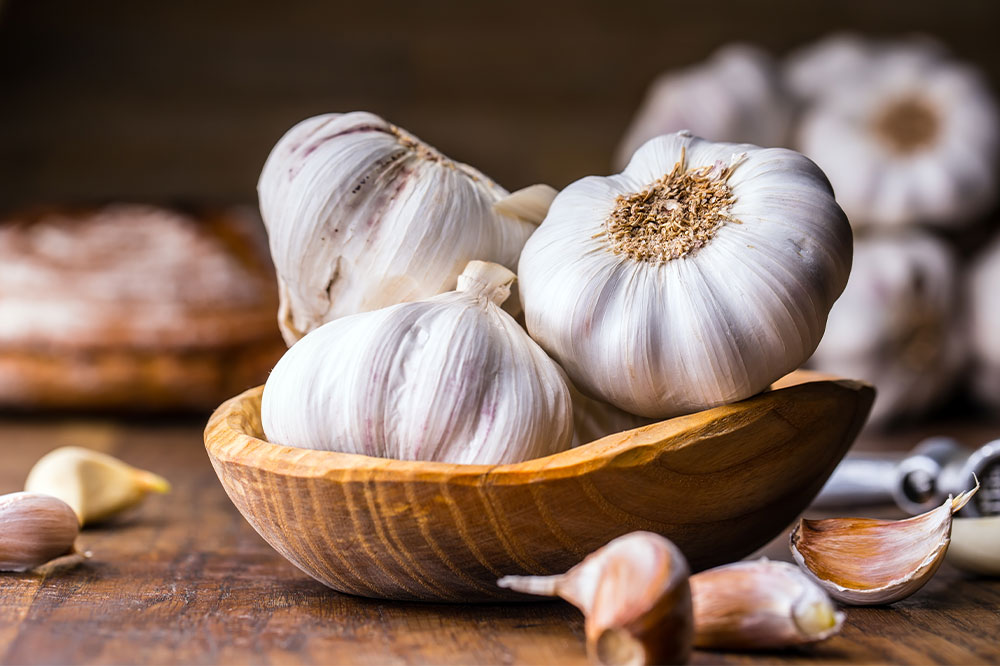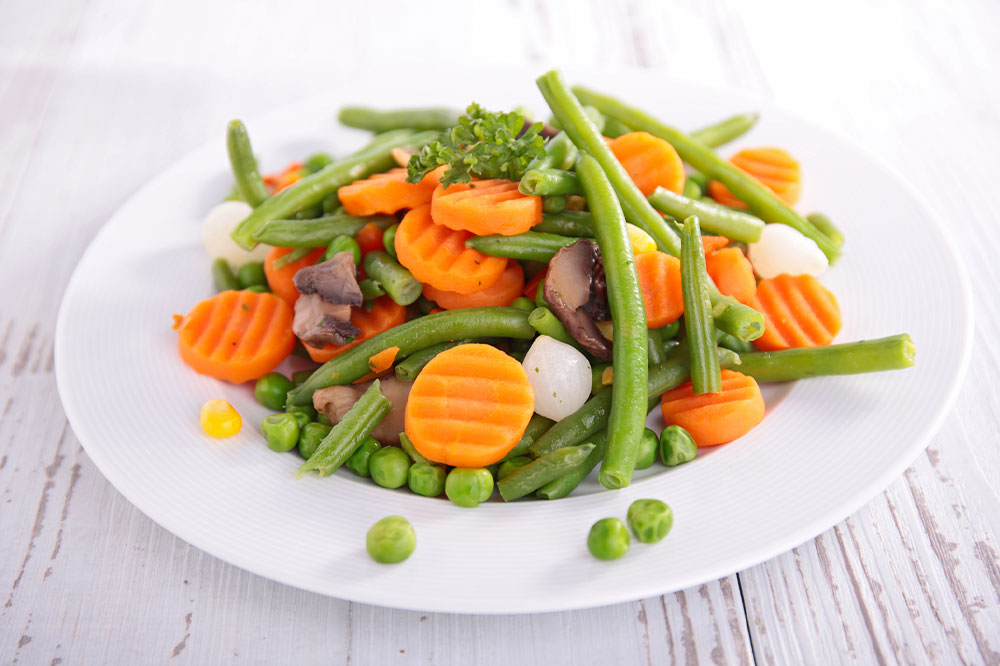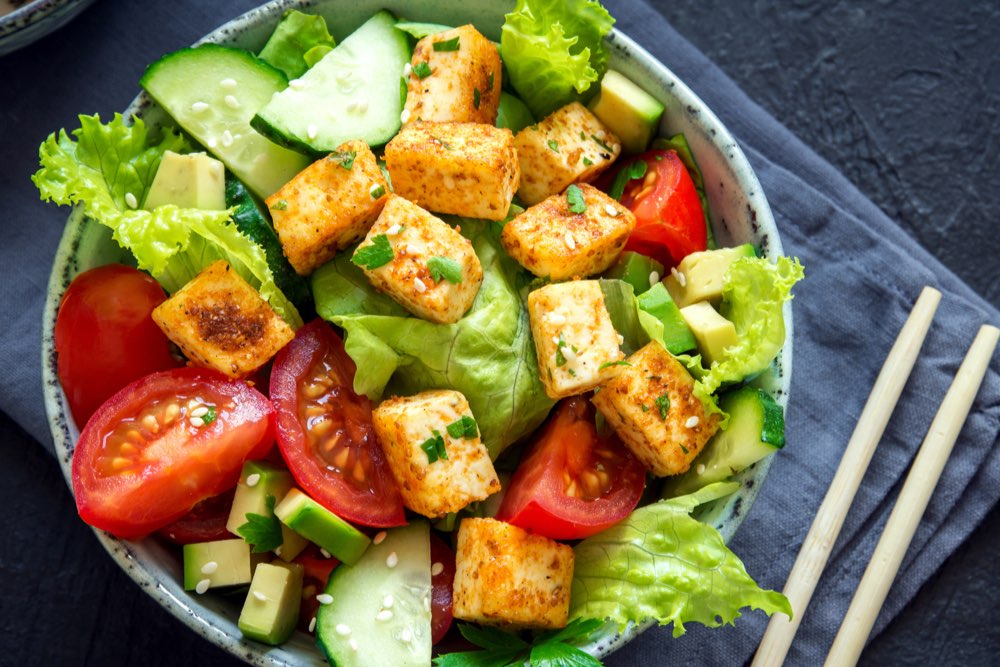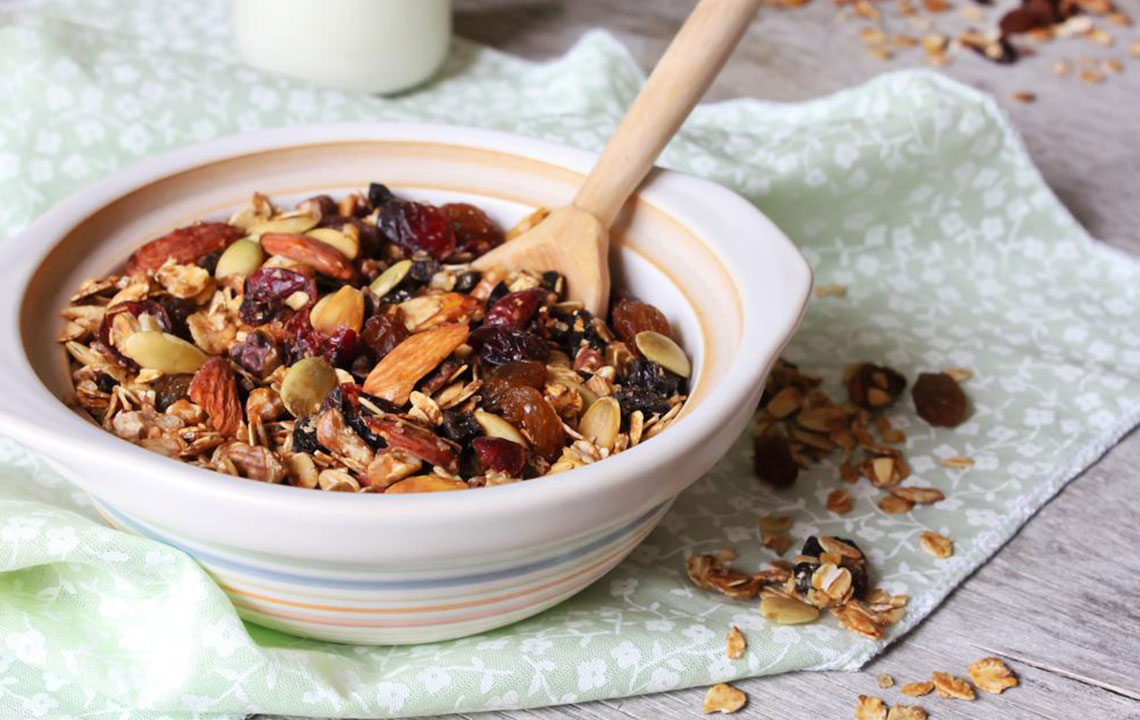Strategies for Cancer Prevention and Treatment: Dietary Tips and Innovative Therapies
Discover effective dietary strategies to reduce cancer risk and explore advanced treatments like CAR T-cell therapy. Learn what foods to eat and avoid for prevention and management of various cancers, along with innovative immunotherapies. Empower your health with these expert recommendations to lower cancer chances and enhance treatment options.
Sponsored
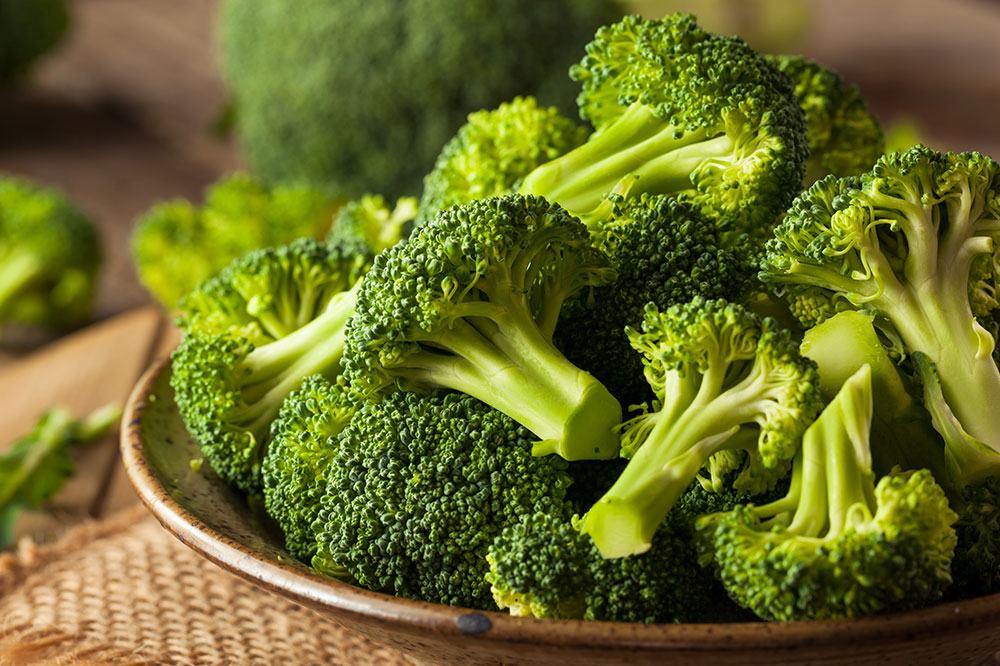
Cancer development, including ovarian, blood, lung, prostate, and breast cancers, can be influenced by diet, among other factors. Although no single food can prevent or cure cancer, choosing healthy diets can significantly lower risk. This article highlights foods to incorporate and avoid, along with cutting-edge treatments like CAR T-cell therapy for managing various cancers.
Foods to Limit or Avoid
Processed meats
Foods such as hot dogs, salami, sausages, ham, and beef jerky are processed with curing, smoking, or salting, which can produce carcinogens linked to colorectal and stomach cancers. Replacing these with lean meats like chicken, turkey, or fish is advisable.
Alcohol
Alcohol, recognized as a Group 1 carcinogen, is associated with cancers of the mouth, throat, esophagus, breast, liver, stomach, and colon. Drinking occasionally poses minimal risk, but frequent binge drinking increases cancer likelihood.
Refined Carbohydrates and Sugars
Excess intake contributes to visceral fat buildup and raises the risk of type 2 diabetes, which can promote cancer development. Limiting white bread, pasta, and sugary cereals can help reduce cancer risk.
These foods promote inflammation and oxidative stress, elevating the chances of ovarian, breast, endometrial, and colorectal cancers.
Recommended Foods for Prevention
Olive Oil
Rich in antioxidants like oleocanthal, olive oil can inhibit cancer cell activity and help prevent breast and gastrointestinal cancers when used in salads and cooking.
Garlic
Contains allicin, a compound with anti-cancer properties. Incorporating 1-2 grams or one clove of garlic daily can lower stomach cancer risk.
Broccoli
Contains glucosinolates that activate detoxifying enzymes, reducing the risk of cancers including breast, prostate, lung, and stomach.
Emerging Cancer Treatments
(CAR) T-cell Therapy
This immunotherapy involves modifying T cells in the lab to target and destroy specific cancer cells, especially in blood cancers.
Ibrutinib (IMBRUVICA)
An oral medication that inhibits abnormal protein signaling, Ibrutinib is used to treat leukemia, lymphoma, and related conditions by preventing cancer cell growth and spread.

